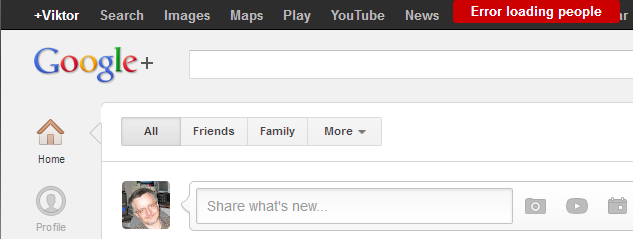 Many years ago, I created a form where players can sign up to play MUD2. To keep things relatively uncomplicated, I just created two fields for the player’s name: one labeled “Last Name” and the other, “First Name and Initials”. To me it was self-evident that if I encountered a form like this, I’d enter “Toth” and “Viktor T.”, respectively, into these fields.
Many years ago, I created a form where players can sign up to play MUD2. To keep things relatively uncomplicated, I just created two fields for the player’s name: one labeled “Last Name” and the other, “First Name and Initials”. To me it was self-evident that if I encountered a form like this, I’d enter “Toth” and “Viktor T.”, respectively, into these fields.
But soon I found out that I was wrong. I got one signup after another like “Doe”, “John JD”. Or “Doe”, “John, JAD” if the delinquient’s middle name happened to start with an A.
What’s wrong with my form, I asked? Perhaps it’s my English? I quickly Googled “First name and initials” and found a great many hits. It was clear from the context that none of them asked for all your initials, only the initials of any additional given names that you might have, just like I did. Yet registrations in the form of Doe, John JD kept on coming. Do these people write “John JD” on passport and other official forms, too, when they are requested to enter their “Middle name and initials”?
Just to be absolutely clear, though, I added an asterisk to the field and a note: “*In case there’s a misunderstanding, this means any EXTRA initials you might have. If you’re called John A. Doe, put John A. in this field, not John JAD. And if you’re John Doe, well, that means that you have no initials to put here next to your first name!”
It didn’t help. To this date, I continue getting registrations in the form of Doe, John JD.
Nowadays, this is more amusing than annoying. I needed to know the name and country of residence of players when we charged for MUD2, for tax purposes (among other things, I was obliged to collect the Goods and Services Tax from Canadian players.) But now that the game is free, it really doesn’t matter anymore what your name is. So long as you supply a valid e-mail address, I have a means to contact you if I must (which means almost never. And no, I don’t collect and sell e-mail addresses.) But perhaps it does illustrate why I always found programming so much easier than dealing with people.
 I use a simple WordPress plugin, called “Simple Facebook Connect”, to automatically post my blog posts to Facebook. The plugin also provides a Like button for my posts. Recently, I noticed that a number of my posts acquired a fair number of Likes from apparent strangers.
I use a simple WordPress plugin, called “Simple Facebook Connect”, to automatically post my blog posts to Facebook. The plugin also provides a Like button for my posts. Recently, I noticed that a number of my posts acquired a fair number of Likes from apparent strangers.



